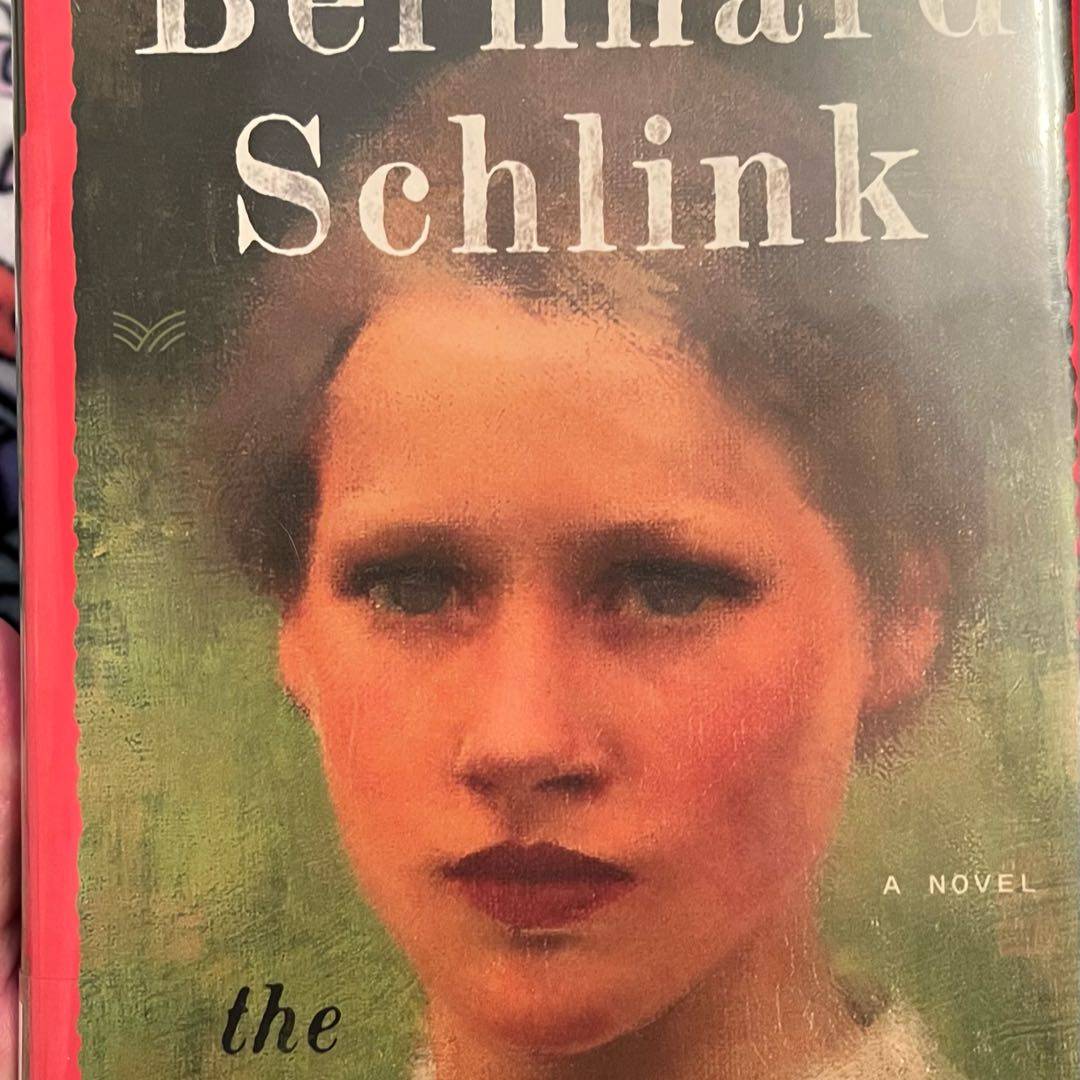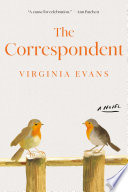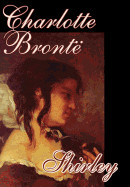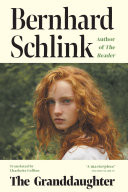
Berlin today:Kaspar and his wife, Birgit,own a bookstore.After Birgit‘s death he starts reading a novel she was working on and finds out that Birgit had a daughter right before she escaped from eastern Germany. He starts looking for her and finds Svenja in a Neonazi village married with a teenage daughter that she raises in their crazy Nazi world view/twisted history.
Anna40 Maybe I should have added that the first half deals with differences between east and west Germany in the late 1960s when Kaspar, then a west German history major gets to spend time in the East. That part is incredibly well written and fascinating, perhaps because based on the authors personal experiences and memories of the time. 4mo
Anna40 The Nazi parents allow their child to spend time with liberal Kaspar (as if they would …) who tries to expose the girl to music, literature and historic facts. That is unrealistic. Also the depiction of the Nazi village residents is full of cliches. And so is the relationship that grows between Kaspar and his step granddaughter. The first half of the book was engaging, the second didn‘t work for me. 4mo
21 likes2 comments













